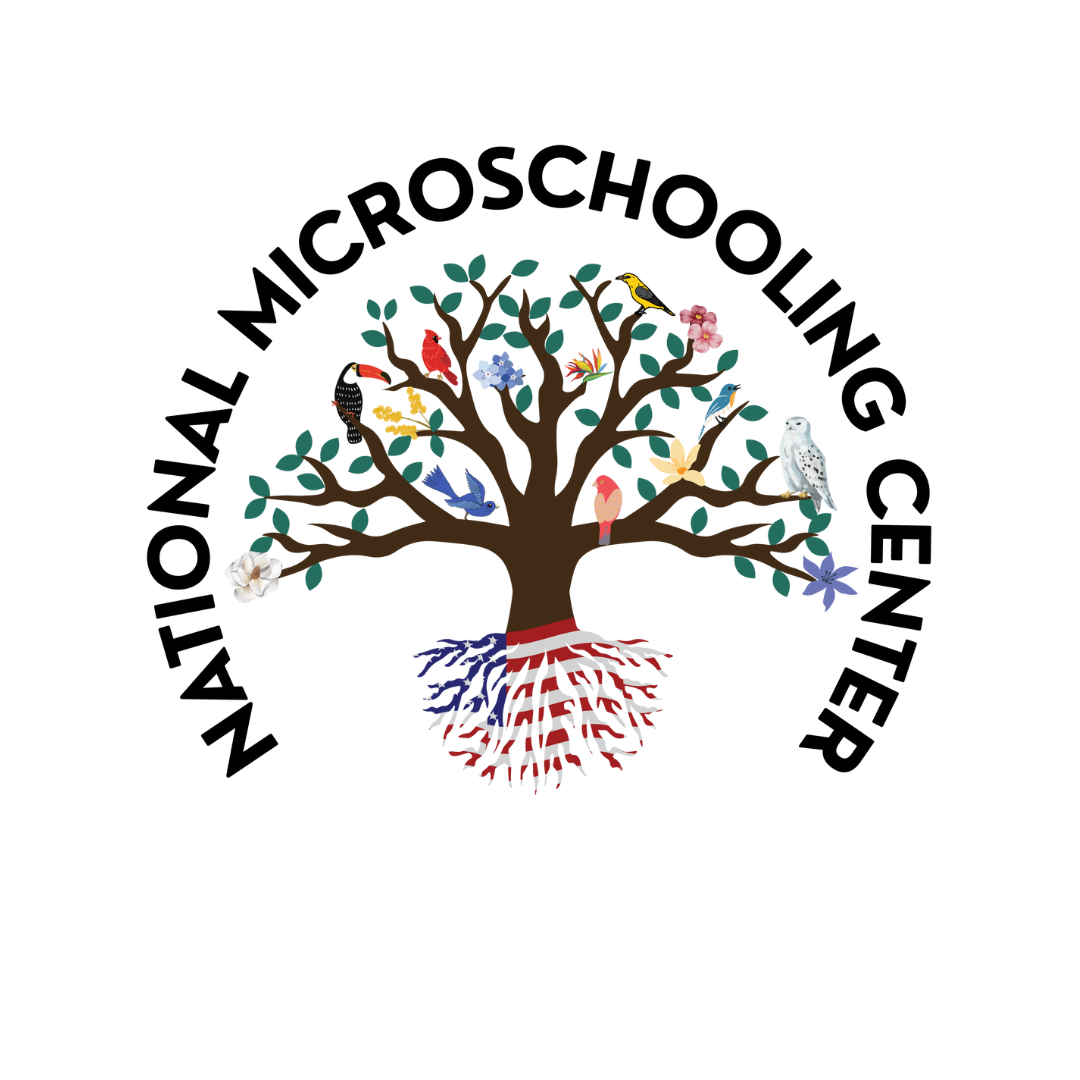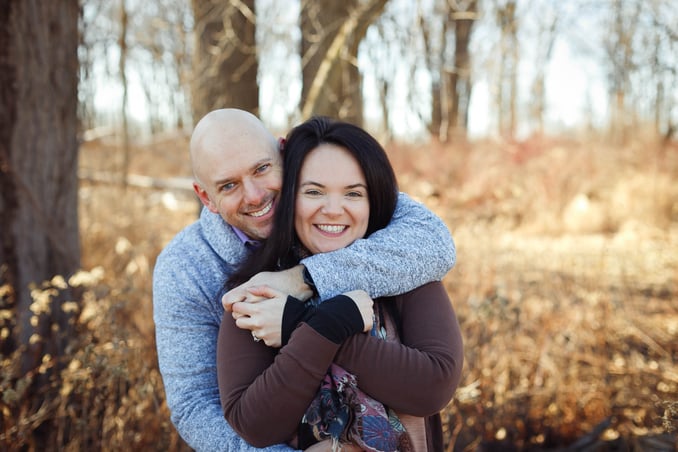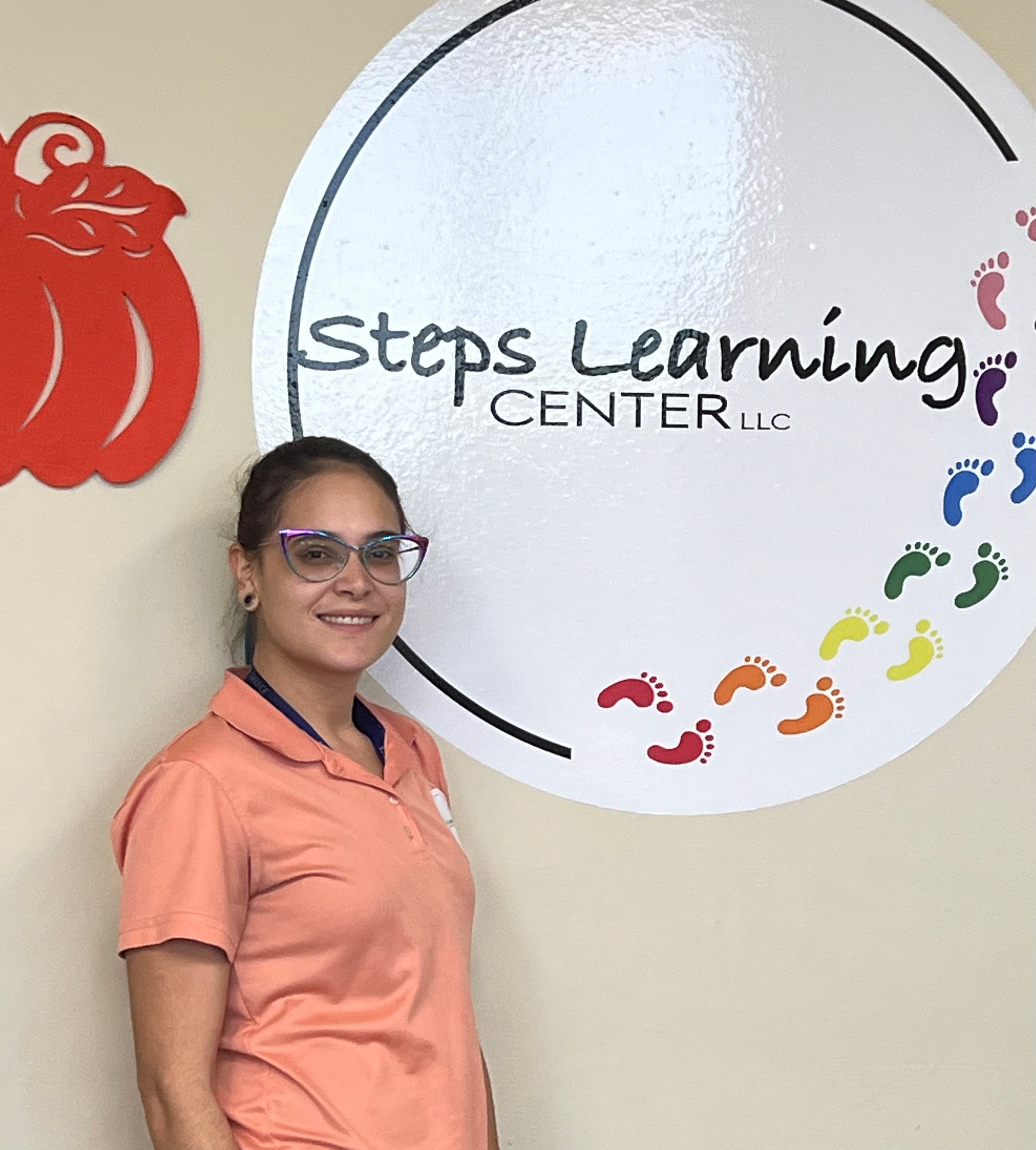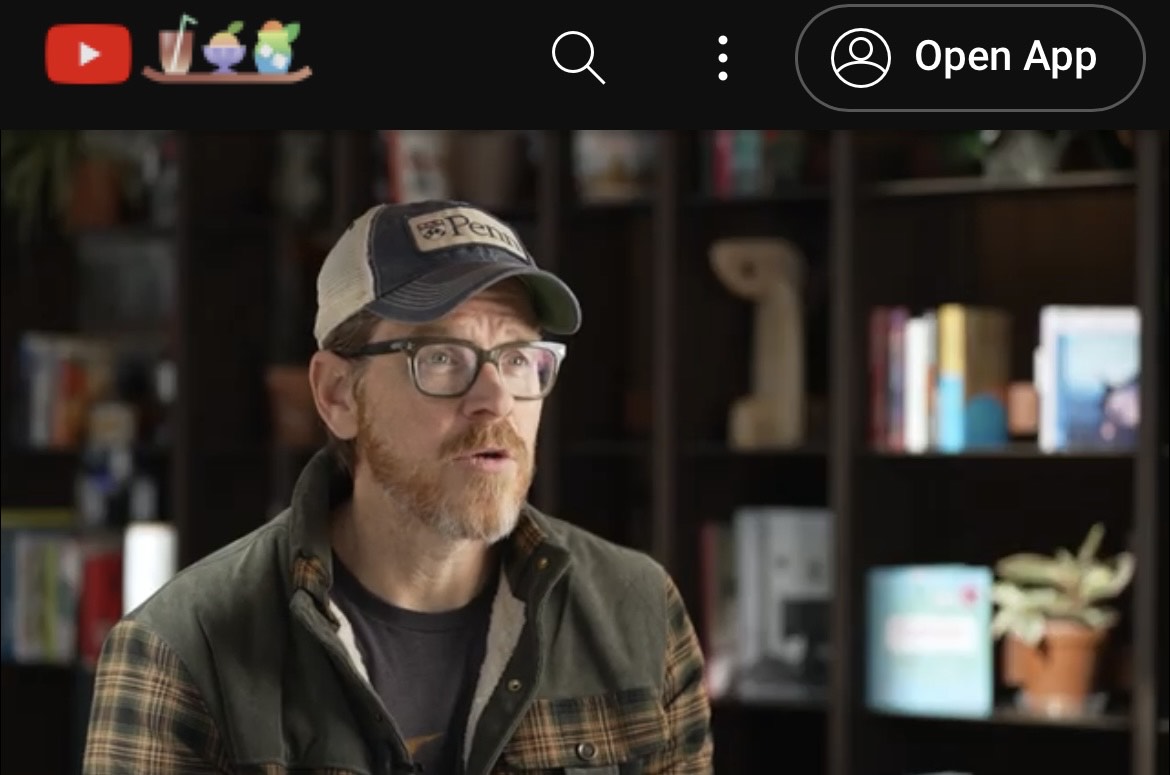Steps Learning Center: Celebrating Individuality in Orlando
My name is Alexandra Batista I am the founder of Steps Learning Center LLC, born and raised in Puerto Rico. I graduated with a double Bachelors...
3 min read
 News Story Posted by Center Staff
:
Oct 24, 2023 12:31:27 PM
News Story Posted by Center Staff
:
Oct 24, 2023 12:31:27 PM
-1.jpg)


My name is Alexandra Batista I am the founder of Steps Learning Center LLC, born and raised in Puerto Rico. I graduated with a double Bachelors...
.jpg)
Neurodiverse children, and others whose learning is impacted by diverse levels of ability, are thriving in microschools in ways many never did in...

What is a microschool? The National Microschooling Center get asked this question a lot, almost every day. And we are thrilled to share this series...